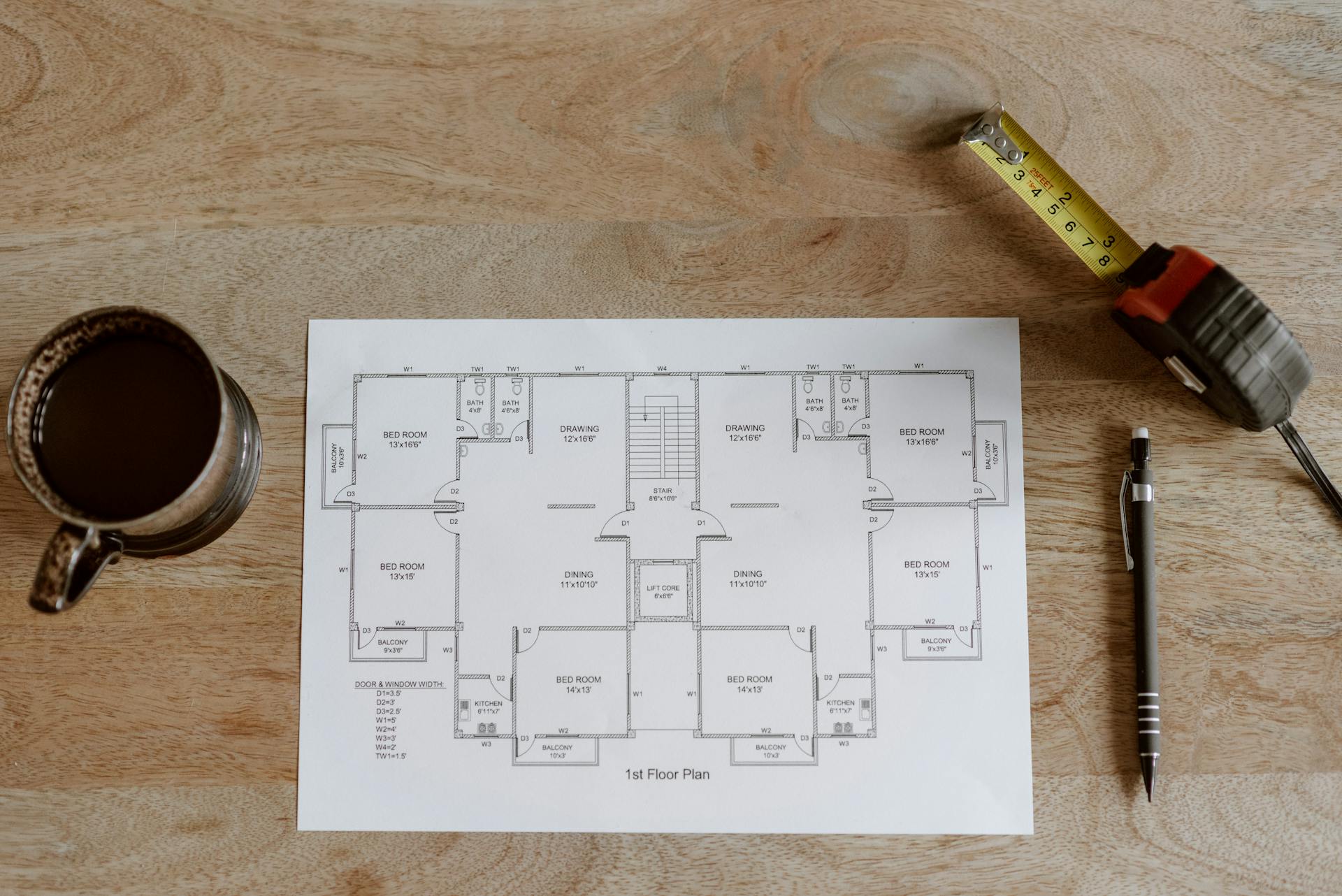RESayle’s Guide to Selling a House with a Swimming Pool
Selling a home can be a complex process, and when your property includes a pool, there are additional factors to consider. Pools can be a significant selling point, but they also come with unique challenges.
Here’s what you need to know to make the most of your home’s pool when you put it on the market.
Highlight the Benefits
A pool can be a major attraction for potential buyers. Here’s how to emphasize its value:
Market the Lifestyle
- Visual Appeal: Use high-quality photos that showcase the pool area, highlighting features like landscaping, lighting, and any additional amenities such as a hot tub or pool house.
- Descriptive Listings: In your property listing, describe the benefits of the pool. Mention how it’s great for entertaining, family fun, or relaxation.
- Staging: If possible, stage the pool area to look inviting. Set up lounge chairs, umbrellas, and even floaties to make it look like a vacation spot.
Energy and Cost Efficiency
- Maintenance: Highlight any energy-efficient or cost-saving features such as a solar pool heater, automated cleaning systems, or a pool cover.
- Recent Upgrades: If you’ve recently invested in upgrades like resurfacing, new tiles, or updated pumps and filters, make sure potential buyers know.
Address Potential Concerns
Buyers might have reservations about owning a pool. Address these head-on:
Safety
- Fencing and Alarms: Ensure your pool complies with local safety regulations. Point out features like pool fencing, safety covers, and alarms in your listing.
- Child Safety: For families, emphasize child safety features. This can ease concerns and make the pool seem more accessible.
Maintenance
- Service Contracts: Offer information on local pool service companies and the costs associated with maintenance. If you have a service contract, consider transferring it to the new owners.
- DIY Maintenance: Provide a guide on simple pool maintenance tasks that homeowners can do themselves, such as checking chemical levels and cleaning filters.
Costs
- Transparency: Be upfront about the costs associated with pool ownership, including water, electricity, and chemicals. Transparency builds trust.
- Utility Bills: Share information about your utility bills, specifically how much is attributable to the pool. If your pool is energy-efficient, highlight the savings.
Prepare for Inspections
Buyers will likely want to have the pool inspected. Be prepared:
Pre-Listing Inspection
- Professional Inspection: Consider having a professional pool inspection before listing your home. This allows you to address any issues beforehand and have a clean report ready for potential buyers.
Documentation
- Maintenance Records: Keep detailed records of maintenance, repairs, and upgrades. This shows buyers that the pool has been well cared for.
- Warranties: Provide any warranties for pool equipment and recent work done. This can give buyers peace of mind.
Set the Right Price
Pricing a home with a pool can be tricky. Here’s how to approach it:
Market Analysis
- Comparative Market Analysis (CMA): Work with your real estate agent to perform a CMA that includes homes with similar pool features.
- Neighborhood Trends: Understand how pools impact home values in your area. In some regions, pools can significantly increase property values, while in others, they might not add as much.
Professional Appraisal
- Appraisal: Consider getting a professional appraisal to understand how much value the pool adds to your home. This can help set a realistic and competitive price.
Timing and Market Conditions
The best time to sell a home with a pool can vary:
Seasonal Considerations
- Peak Seasons: Spring and summer are typically the best times to sell a home with a pool. The warmer weather makes the idea of owning a pool more appealing.
- Off-Season Sales: If you’re selling in the off-season, make sure to have high-quality photos taken during the summer to show the pool at its best.
Market Conditions
- Buyer’s Market vs. Seller’s Market: In a seller’s market, you may have more leverage to price the pool as a premium feature. In a buyer’s market, you might need to be more competitive with your pricing and incentives.
Selling a home with a pool requires careful planning and marketing. By highlighting the benefits, addressing potential concerns, preparing for inspections, pricing appropriately, and considering the timing, you can make your pool a key selling point.
With the right approach, your pool can attract buyers and add significant value to your home.




